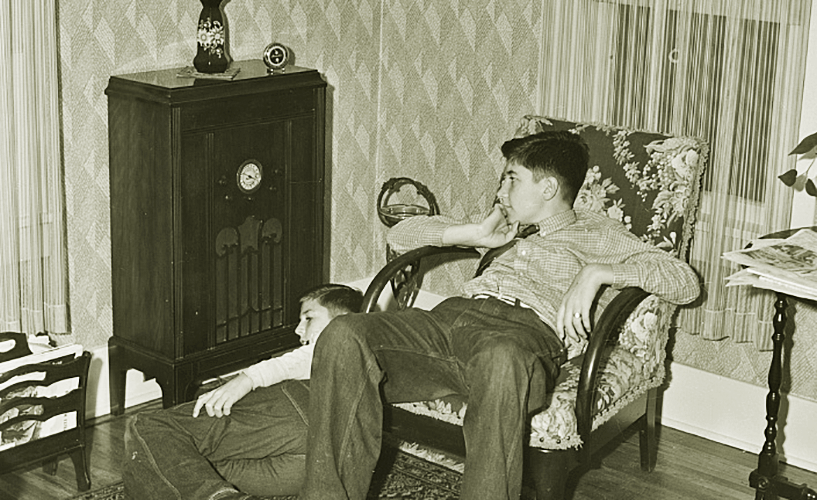By Robert A. Lanier
I am certain that everyone who is old enough remembers what they were doing when they learned that World War II was over. It had two endings, of course. First, the war in Europe ended on May 8, 1945. Then the war in the Pacific ended in mid-August of the same year. The wars ended not with peace treaties, but with the “unconditional” surrender of the Germans and the Japanese. I place the word, “unconditional” in quotes, because the Allies tacitly accepted that they would leave Emperor Hirohito on his throne, in order to get the Japanese war over with. Of course, the actual peace treaties came some years later.
I was a small boy, aged six at the time, and my memories of the war are necessarily slight. They did include, however, awareness of who our evil enemies were and why we were fighting them. Men in uniform were to be seen everywhere, even as visitors in our home. My father was too old to be in the military, but he had been in the Tennessee State Guard and worked in an aircraft factory in California during the war. The movies vividly, if not entirely accurately, portrayed the war. More personally, we students bought “war savings stamps,” crushed “tin” cans and collected them, along with metal coat hangers, for scrap drives at school. We saw the ration coupons which our parents had to use to buy certain food items, clothing and gasoline. Our toys were often of a decidedly military nature, such as helmets, machine guns, model fighter airplanes and uniform insignia.
I frankly do not remember the German surrender in May of 1945. It came only a few days after an event which I do clearly remember, however. On April 12, 1945, my best friend and I were listening at his house to the afternoon radio broadcast of a kids’ show, “Hop Harrigan”. Hop was a pilot of some sort, and always getting into dangerous scrapes with his sidekick. The show always began with a voice pretending to be an air traffic controller whose report ended, “ceiling one hun-dred!” Suddenly, on this day, the show was interrupted to announce that President Roosevelt, the only president we (or anyone else, for the past 12 years) had known, had died in Warm Springs, Georgia. We were stunned and saddened, but also a bit non-plused by the constant broadcast of “Anchors Aweigh” and other patriotic tunes to fill the time between news bulletins.

As I have said, I do not specifically recall the German surrender in May, but I do recall the night in August, after bedtime, when the radio dial in my parents’ bedroom glowed and the radio reported that a terrific “atomic bomb” (whatever that was) had been dropped on Japan. Whether it was the first or second bomb I do not know. Probably it was the first, as it was such an urgent and memorable news item. I am not sure of my reaction, but a few days later, when the Japanese finally wised up (thanks to their emperor) and surrendered, “V-J Day” (i.e. victory over Japan) was seriously celebrated. All up and down our suburban residential street, fathers fished out their firearms and fired into the air in joyous relief like celebrants at an Arab wedding. (Unlike today, however, nobody had automatic weapons or machine guns). Almost four years of terrible, unnecessary war were over. Of course, having been schooled by the movies to always expect a happy ending, the victory had seemed inevitable to me.
Robert A. Lanier was born in Memphis in 1938, and has spent most of his life in the city as an attorney, with stints serving as a Circuit Court judge from 1982 until his retirement in 2004. Lanier also served as an Adjunct Professor at the Memphis State University School of Law (U of M) in 1981. He was a member of the Tennessee Historical Commission from 1977 to 1982, and was a founder of Memphis Heritage Inc., the historical preservation group still active today. He is the author of several books about Memphis history, including In the Courts (1969), Memphis in the Twenties (1979), and The History of the Memphis & Shelby County Bar (1981), and his most recent, Memphis in the Jazz Age (2021). He is proudest of his book The Prisoner of Durazzo (2010), about the king who postponed World War I for a year. Lanier also donated hundreds of his personal historic Memphis photographs to the Memphis Room of the Memphis Public Library – part of Lanier’s personal interest with Memphis history and historic preservation – and they can be viewed on the library’s digital archive and collection (DIG Memphis) under the Robert Lanier Collection.

